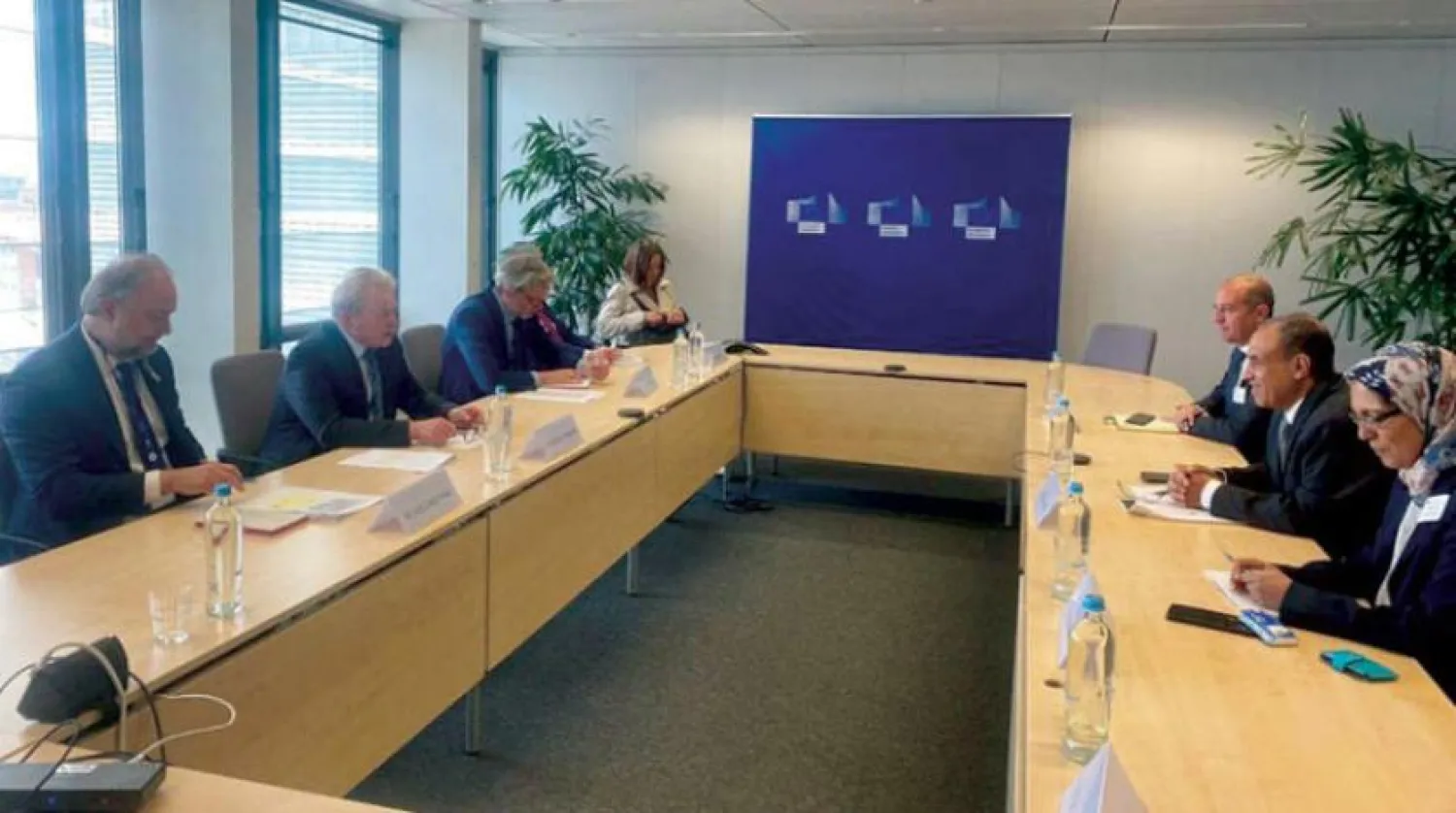Egypt and the European Union announced on Friday strengthening their cooperation in the field of water management and agriculture, according to a statement by the Egyptian Foreign Ministry.
Egypt's Ambassador to the European Union (EU) Badr Abdel-Atti discussed the issue with EU Commissioner for Agriculture Janusz Wojciechowski, the statement said.
It added that the meeting comes as Cairo pays great attention to the two sectors to tackle the current challenges related to food security and achieving sustainable development for agricultural development projects.
During his meeting with the EU official, Abdel-Atti affirmed his country’s interest in cooperating with the EU in providing training and capacity building programs for young farmers in rural areas, as well as cooperating in agricultural ventures, developing agricultural technology, and exchanging technical expertise to develop agricultural systems.
The officials also tackled the repercussions of the Ukrainian crisis on food security in Egypt and Africa, in light of the low quantities supplied of food products, including wheat, and the rising prices.
For his part, the European Commissioner expressed his aspiration to visit Egypt to attend the upcoming UN climate change conference, COP27, scheduled in November in the Red Sea city of Sharm El-Sheikh.
Early this month, Cairo reiterated its demand that Egypt, Ethiopia, and Sudan reach a legally-binding agreement to fill and operate the Grand Ethiopian Renaissance Dam (GERD).
The dispute was sparked in 2011 when Addis Ababa began constructing the mega-dam on the Blue Nile.
Meanwhile, Cairo is moving to activate an electronic system to confront and remove illegal encroachments on the Nile amid the ongoing GERD crisis.
Addis Ababa intends to start the third filling of the dam’s reservoir.
Egyptian Minister of Irrigation Mohamed Abdel Aty said on Friday that the data required to activate the electronic system for managing the Egyptian state’s property is being compiled and prepared, to develop the most appropriate ways to maximize water resources.









